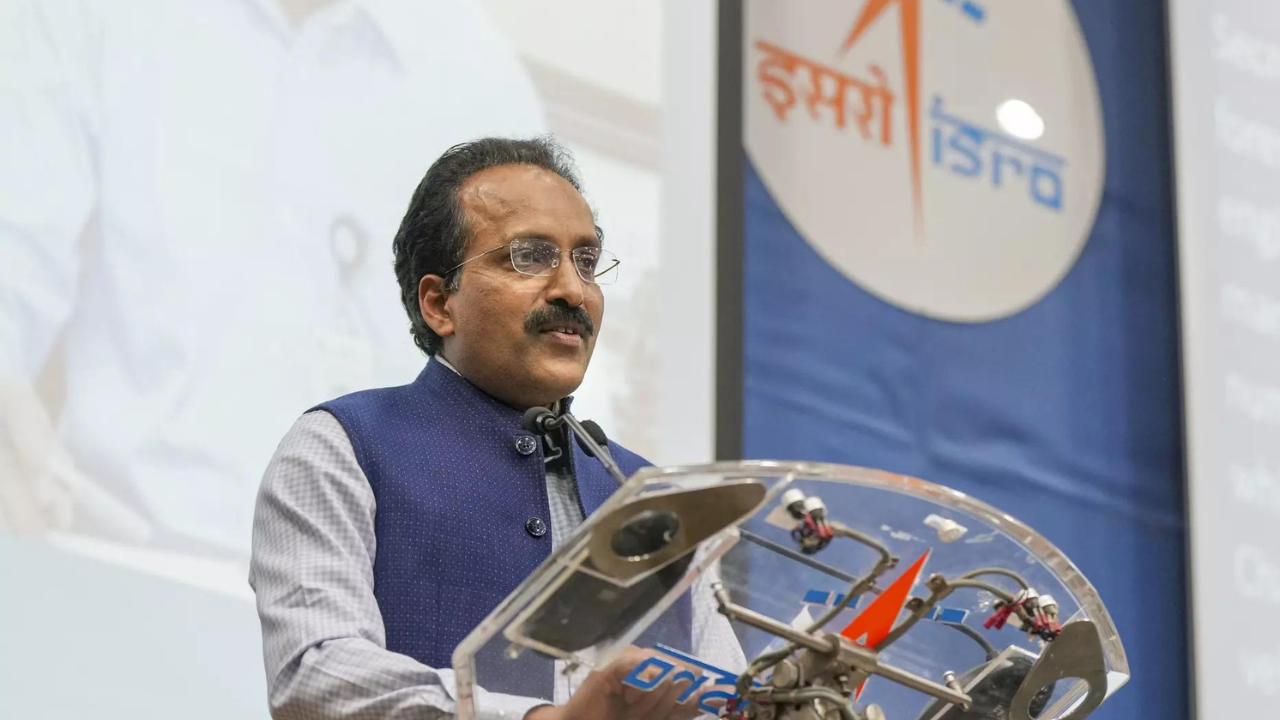Importance:
Vikram S holds immense significance as it serves as a crucial platform for testing and validating a wide array of technologies integral to the Vikram series of space launch vehicles. Development Endeavors:
Skyroot Aerospace's ambitious efforts encompass the creation of three distinct iterations of the Vikram rocket. Payload Capacity:
The Vikram-I variant boasts a payload capacity of 480 kilograms, while the Vikram-II enhances this capability to accommodate 595 kilograms. Notably, the Vikram-III version stands out with its impressive capability to launch payloads into a Low Inclination Orbit at 500 kilometers, supporting payloads weighing up to 815 kilograms.
The Prarambh Mission:
The Prarambh mission is a pioneering venture with the primary objective of ferrying three payloads into space, one of which weighs 2.5 kilograms and has been ingeniously crafted by students hailing from various nations. Collaborative Efforts:
This groundbreaking mission, alongside the Vikram-S rocket, was spearheaded by a Hyderabad-based startup, backed by substantial support from the Indian Space Research Organisation (ISRO) and IN-SPACe (Indian National Space Promotion and Authorisation Centre).
Importance of Development in the Space Sector:
Addressing Climate Challenges:
Advancements in space technology play a pivotal role in addressing climate-related issues by fortifying connectivity and offering more robust solutions. Enhanced Weather Forecasting:
Satellites equipped with cutting-edge technology provide precise weather forecasts and monitor long-term climate trends, aiding in understanding the habitability and climate dynamics of different regions. Disaster Management:
These satellites also serve as vital tools for real-time monitoring and early-warning systems for natural disasters like earthquakes, tsunamis, floods, wildfires, and mining activities, enabling prompt response and mitigation efforts. Connectivity Benefits:
In terms of connectivity, satellite communication extends its reach to remote areas where conventional networks struggle due to the lack of infrastructure. This bridging of communication gaps not only enhances connectivity but also facilitates economic and social development in underserved regions. Multi-Sectoral Impact:
Investment in space technology is not confined to the space sector alone; it generates positive ripple effects across various other sectors, fostering innovation, economic growth, and societal advancement.
India's Position in the Global Space Market:
India holds a notable position in the global space market, ranking sixth internationally as of 2021, according to SpaceTech Analytics. With 3.6% of the world's space-tech companies, India contributes significantly to the industry landscape. Key Players:
While the United States dominates the space-tech ecosystem with a substantial 56.4% share of all companies, other major players include the United Kingdom (6.5%), Canada (5.3%), China (4.7%), and Germany (4.1%). Economic Value:
The Indian Space Industry demonstrated impressive growth, valued at $7 billion in 2019. The country aims for substantial expansion, setting a target of reaching $50 billion by 2024. Notably, India's space endeavors are characterized by cost-effectiveness, a standout feature in the global arena. Achievements:
India boasts significant achievements in space exploration, notably becoming the first country to reach Mars' orbit on its maiden attempt. This milestone was achieved at a remarkably low cost of $75 million, showcasing India's ability to achieve remarkable feats in space exploration while maintaining cost efficiency, a notable departure from Western standards.
Need for Reforms in the Space Sector:
Scaling Up the Sector:
The current scale of the Indian space sector, largely dominated by ISRO with its centrally funded budget of approximately Rs. 15,000 crore, is relatively small. To expand the sector's scale and potential, it's essential to invite private players into the market. Encouraging Private Participation:
The involvement of private enterprises is crucial for the growth and diversification of the space economy. ISRO's plan to disseminate knowledge and technology, including rocket and satellite manufacturing, among private players is a step in the right direction. Global Benchmarking:
International counterparts like the United States, Europe, and Russia boast robust space industries supported by major players such as Boeing, SpaceX, AirBus, and Virgin Galactic. India can leverage the success stories and experiences of these global players to enhance its own space sector. Reforms for Private Players:
While there have been existing private players in the sector, their involvement has predominantly been in manufacturing parts and sub-systems. To stimulate growth and innovation, there's a pressing need to empower the industry to venture into the manufacturing of complete rockets and satellites, thereby fostering a more competitive and diverse space ecosystem.
Related Initiatives:
IN-SPACE:
IN-SPACE initiative was introduced with the objective of democratizing access to Indian space infrastructure for private companies. Serving as a centralized interface, it facilitates communication and collaboration between ISRO and entities seeking to engage in space-related activities or utilize India's space resources. NewSpace India Limited (NSIL):
Established following its announcement in the 2019 Budget, NSIL focuses on leveraging the extensive research and development efforts conducted by ISRO over the years for commercial endeavors through partnerships with Indian industry stakeholders. This initiative aims to harness ISRO's expertise and capabilities for the benefit of the Indian commercial space sector.
Public-Private Partnership (PPP) Significance:
-
Investment Source: Private sector involvement brings in essential investment and expertise to the space sector, which is capital-intensive and requires advanced technology.
-
Fair Competition: Reforms in the space sector aim to create a level playing field for private companies in satellite manufacturing, launch services, and space-based solutions.
-
Facilities & Capacities: PPP facilitates access to ISRO's facilities and assets, enhancing the capabilities of private companies and fostering a predictable policy environment.
-
New Innovations: Private players drive innovation in space-based applications and services, meeting the increasing demand globally and in India across various sectors.
-
Meeting Rising Demand: With the demand for satellite data and space technology soaring, ISRO would need to significantly expand its operations. PPP enables ISRO to meet this growing demand effectively.
Conclusion:
In conclusion, the call for a new policy to dismantle ISRO's monopoly and facilitate knowledge-sharing and technology transfer in the space sector marks a significant step towards enhancing India's position in the global space economy. The proposed allowance of Foreign Direct Investment (FDI) in space not only opens doors for foreign players to engage in India's space domain but also promises to bolster Indian national reserves, promote technology transfer, and stimulate research innovations. Moreover, the impending Indian Space Activities Bill is poised to provide much-needed clarity to private players, ensuring their seamless integration into the burgeoning space sector. These initiatives collectively signal a transformative era for India's space industry, paving the way for increased collaboration, innovation, and competitiveness on the global stage.














